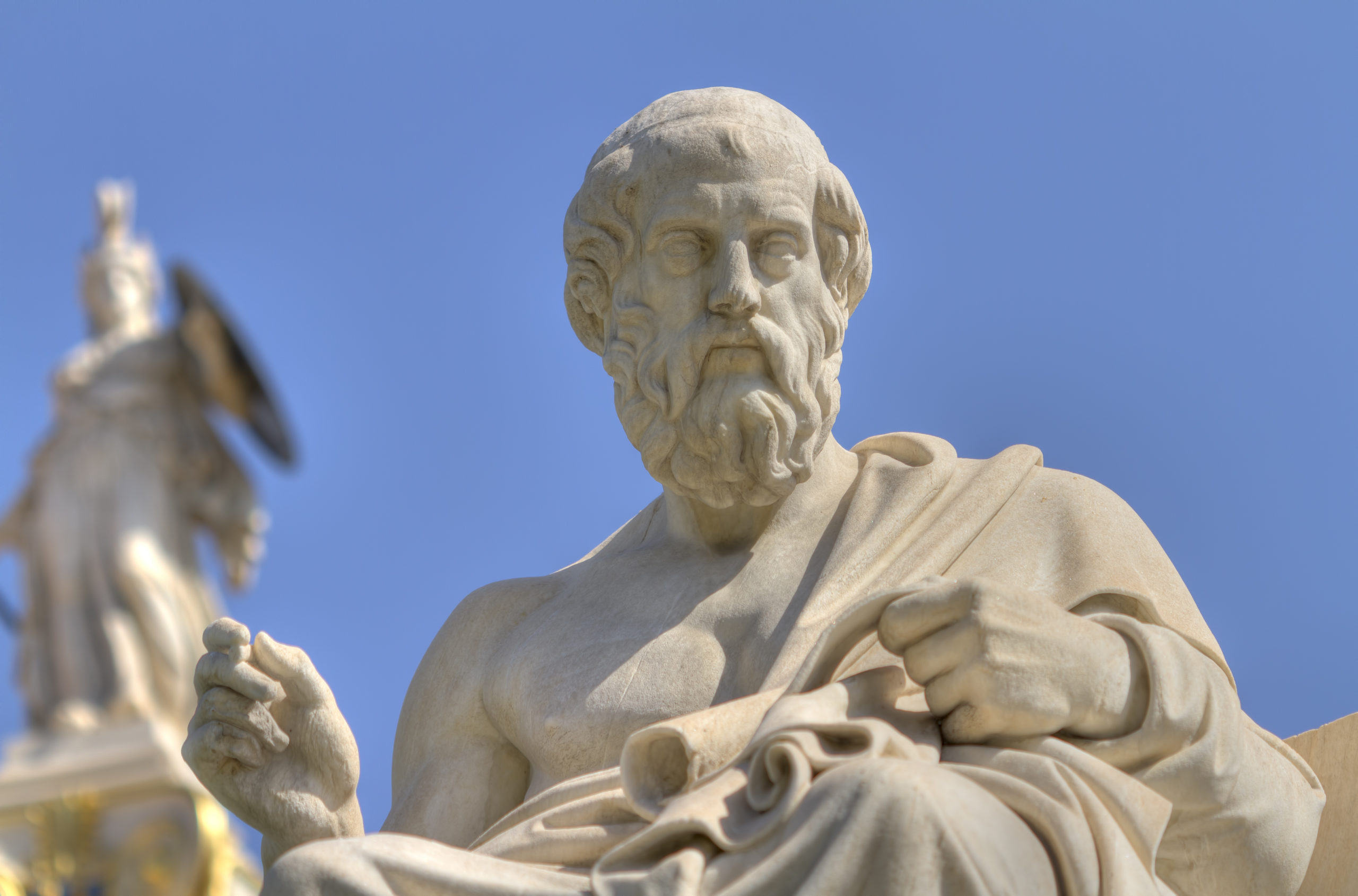Classics Courses

A Classics course or degree is not a particularly pragmatic or job-focused course. However, it offers a well-balanced education. As a result it can open up a range of career options. Graduates go on to postgraduate study and enter academia as researchers and lecturers. Alternative areas include archaeology, journalism and broadcasting, law, the civil service, the government, art restoration, librarianship, research, and museum work.
Education
Students of this discipline can study Classics as a single subject at Trinity College Dublin. In addition, many colleges offer Classics as part of an Arts course. You don’t necessarily need to speak the languages in advance – beginners are welcome on most courses.
A notable amount of the work on a classics course involves studying ancient texts in their original language. These texts cover a wide range of genres. This includes epics, dramas, lyric poetry, philosophy and historiography. Students can also study Greek and Roman history, archaeology, art and culture, and make detailed studies of the literature and philosophies of those civilisations. Topics include ancient drama, epic and lyric poetry and philosophy, as well as cultural issues such as the place of women and the role of literature in ancient society.
Personal Qualities
Classics and classical studies are best suited to students who have a flair for languages, who enjoy reading and problem solving, and who are relatively studious.
Jargon
Hellas: The ancient Greek name for Greece
Philology: The study of ancient texts and languages
Tragedy: A form of serious drama, often involving a conflict between a character and a higher power, such as the law, the gods, fate, or society


Leave a comment